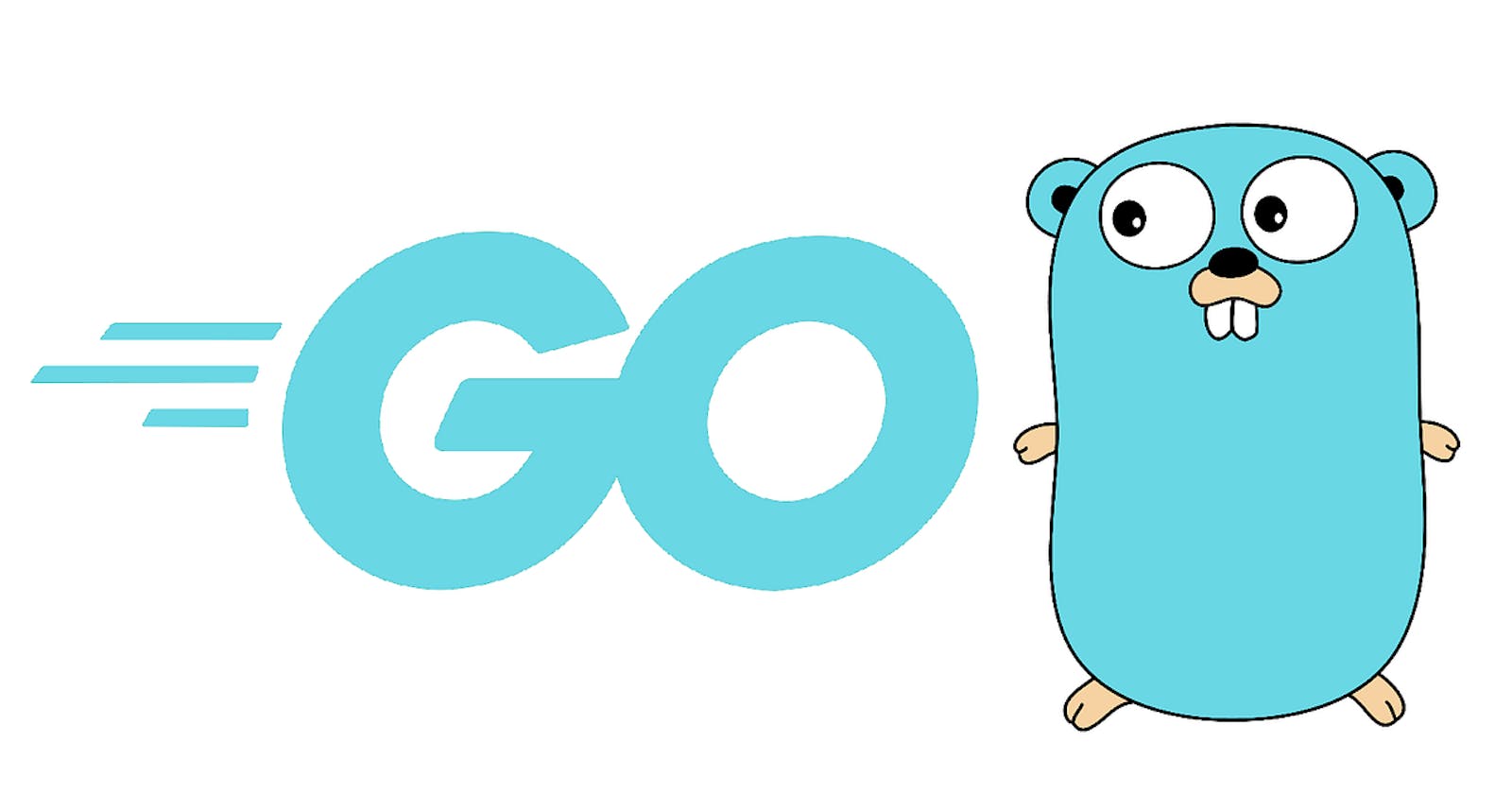Table of contents
No headings in the article.
Pointers in Go are variables that store the memory address of another variable. They are denoted by the * symbol preceding the type of variable they will point to. For example, to declare a pointer to an integer variable, you would write var ptr *int.
To assign a value to a pointer, you need to use the address-of operator & followed by the variable you want to assign to the pointer. For example, if you have an integer variable x, you can assign its memory address to a pointer variable ptr like this:
var x int = 42
var ptr *int = &x
To access the value that a pointer points to, you need to dereference the pointer using the * operator. For example, to print the value of x through the pointer ptr, you would write:
fmt.Println(*ptr)
You can also modify the value of a variable through a pointer by dereferencing the pointer and assigning a new value to it. For example, to change the value of x through the pointer ptr, you would write:
*ptr = 21
After this assignment, the value of x would be 21.
Go also provides a shorthand for declaring and initializing a pointer to a new variable using the new() function. For example, to declare and initialize a pointer to a new integer variable, you would write:
ptr := new(int)
This creates a new integer variable and returns a pointer to it.
Finally, pointers can also be used to point to structs in Go. For example, to declare a pointer to a Person struct, you would write:
type Person struct {
name string
age int
}
var p *Person = &Person{"Alice", 30}
This declares a new Person struct and assigns its memory address to the p pointer variable.
In conclusion, pointers are a powerful feature of Go that allows you to manipulate and modify variables by reference. They are used extensively in Go code to create more efficient and flexible programs.
